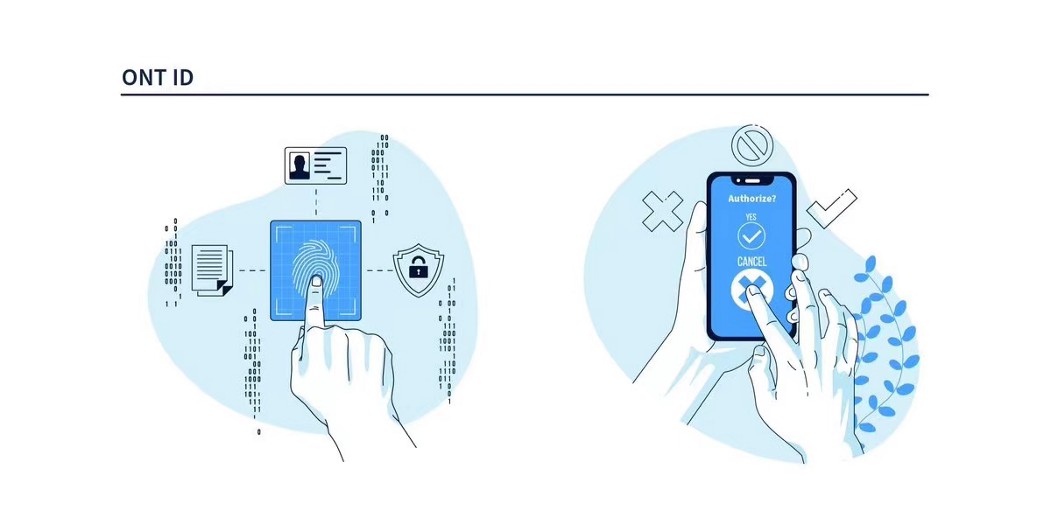DID 101: A Brief Introduction to What Makes Ontology Special

DID, ONT ID, OScore…you might have heard us use these words, before.
Yet, you’re still unsure what they all mean.
Here’s an overview of the key features that make Ontology special.
Decentralized Identity & ONT ID

With traditional ID systems, a central authority or tech platform controls the data (e.g. phone numbers, email addresses) provided to it by users.
The users (i.e. the data providers), therefore, have very little control over how their personal data is stored and who has access to it.
Ontology’s decentralized identity (DID) framework, ONT ID, is different. By providing a self-sovereign system of data authorization and ownership confirmation, ONT ID puts the power in the hands of users.
With ONT ID, ID generation, storage, and other critical operations, are fully automated and decentralized, allowing users operating within the ecosystem full control and ownership over any data associated with them.
Discrete IDs linked across various ecosystems can have multiple delegates and attributes. With verifiable credentials, entities (i.e. individuals, enterprises, institutions, devices) can make and verify claims related to data ownership, access rights, and validation.
Verifying Credentials with ONT ID

ONT ID allows you to verify credentials, whilst protecting your data and privacy.
You can verify many different kinds of credentials such as passports, national IDs, and social media accounts. Verifying credentials is one way to boost your OScore (more on this later).
The beauty of ONT ID is that you, the user, decide who has access to your verified data.
For example, imagine a third party required you to verify an aspect of your identity, such as your nationality. With ONT ID, you could share this single data point whilst keeping your name, date of birth, home address, and any other sensitive information, completely private.
You can create an ONT ID now by downloading ONTO Wallet, Ontology’s decentralized cross-chain wallet.
OScore

OScore is an independent on-chain reputation system, generated using on-chain data including your ONT ID, engagements, assets, and credentials.
Your OScore is based on data authorized by you and is updated to reflect changes in behavior and lending practices.
OScore is not associated with your off-chain identities. In other words, it respects user privacy and supports full anonymity.
Your OScore increases as you add more decentralized data to your ONT ID.
A higher OScore brings with it certain benefits such as better lending rates on platforms like Wing Finance, Ontology’s credit-based DeFi platform.
OScore also benefits credit grantors, helping them decide whether to open a credit line and how much credit to extend to a particular borrower.
Summary
Let’s put together everything we’ve learned so far.
- Ontology’s decentralized identity (DID) framework is called ONT ID.
- Create an ONT ID with ONTO Wallet to start verifying credentials.Verifying credentials using your ONT ID helps boost your decentralized credit rating, aka OScore.
- Having a higher OScore entitles you to certain benefits.